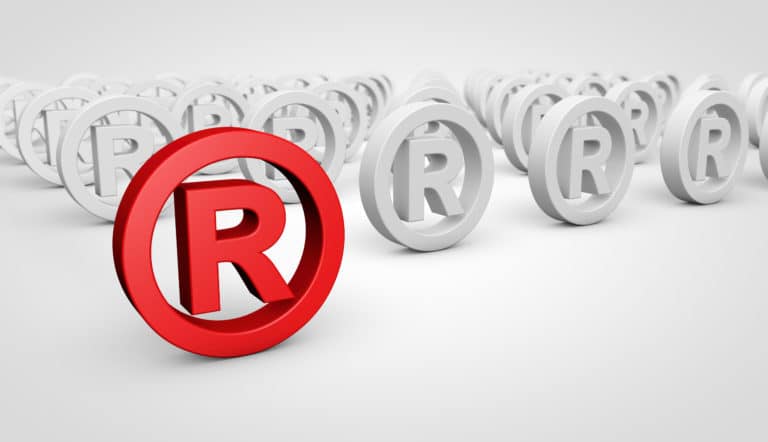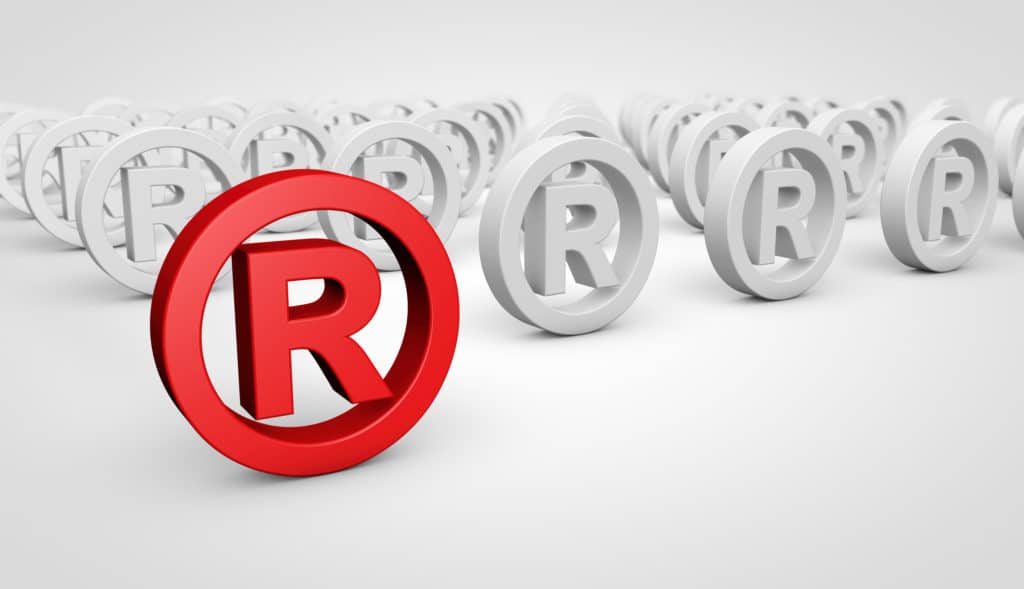
Trademark registration with IP Australia is designed to protect your business or product from others, essentially copying elements. They may do this because they want customers to think that they are aligned with your company and benefit from your good reputation and marketing.

The trademark legislation laid out can be detailed and confusing, and it’s best before searching for trade marks to work with a trademark attorney to assist you in making sure you don’t infringe others and are sufficiently protected yourself.We look at some of the common questions that arise over some of the more confusing areas of trademarks – whether or not you can trademark a name, words, or phrases. Did you know the following?
You can trademark a word
IP Australia has very stringent wording in the legislation that defines what a trademark is or isn’t. If a word is used to distinguish between goods or services, it can be defined as a trademark. Of course, it can’t conflict with any trademarks that have already been filed in Australia, and shouldn’t be either too descriptive or generic. One word can meet this requirement. A common example of this is ‘Google’, which was deemed to be acceptable and is trademarked in relation to a) an internet search engine b) the services and products that are offered under this trademark.
You can trademark your personal name
If you’re unsure whether a word can be trademarked, always look back on the definition and general requirements for trademark registration we’ve already discussed. If a name is common (ie, widely known or used), it may be challenging to convince examiners that it can be used as a trademark, however. They may find that because the name is common, there are many circumstances when others will need to use it for similar goods or services to you.
If you have the same name as someone famous, this can be tricky too. Your name is similar to someone with a high profile through no fault of your own, but when people hear the name, they automatically think of them. If you use that name as a trademark, they may in some way, think it is associated with the famous person, and on those grounds, you’re unlikely to be granted permission to use the name in the trademark.
You can’t trademark a generic word for common goods
A common word can be registered, but not for common goods. For example, if you were to file the word lolly related to confectionery goods, it would be considered to be too descriptive and would be rejected. However, if you applied to use the phrase lolly for a different category, such as an item of clothing or a toy, it is likely to be considered. If you’re unsure, ask yourself this question. Is the word I want to use likely to be used by others in the industry for the same goods or services? So, in the case we looked at, they would need to use the word lolly when talking about sweets, but not if they were trading in clothing.
A domain name can be trademarked

You can register a domain name as a trademark. However, only if it is used to distinguish the goods/services associated with it. Just adding a ‘com.au’ to the end doesn’t make it any less descriptive. So, lolly.com.au used in a confectionery category would still be seen as too descriptive in a report.
How to determine if a word cannot be trademarked
We’ve already discussed how descriptive words won’t be registered as a trademark, or because it leads to any form of confusion in the marketplace or is designed to deceive. Another category that is important here is that of ‘scandalous trademarks’. Ask yourself the following question to determine if the mark you are planning on registering would be considered to be scandalous:
- Does it incorporate any abuse towards a person?
- Does it incorporate abuse towards a racial or ethnic group?
- Does it incorporate abuse towards a national flag?
- Does it incorporate abuse towards a particular religion?
- Is it an emblem protected under other legislation?
What else can be trademarked?
Beyond names, there are more obscure things that can be trademarked. For example, colour trademarks, where a brand uses particular colours that are a signature of their look or branding. Shapes can be trademarked too. The shape of a bottle may be synonymous with a brand, and can then be trademarked. Sounds and smells, too, can be trademarked. As long as the thing is associated with the brand and fits the criteria it can be trademarked.
If you are thinking of opening a business or naming a product, you should write down all your options. Run them through the criteria above, and then ask a trademark attorney for their legal opinion.